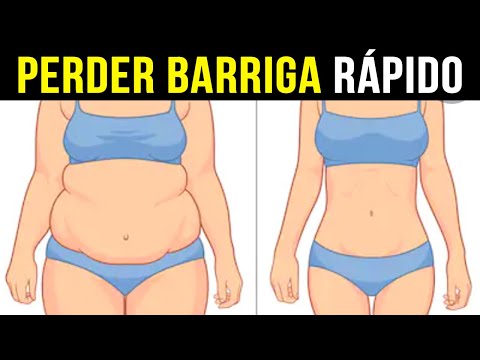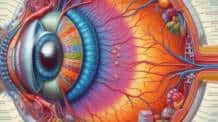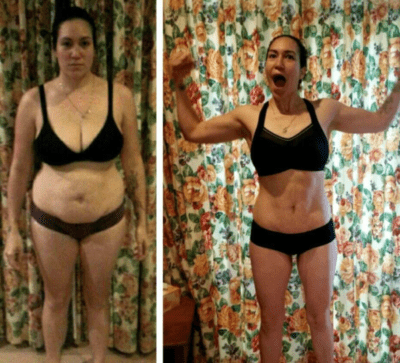The relationship between healthy eating, physical well-being and full mental development has been known since ancient times. One of the most important figures in the history of medicine, Hippocrates (460 377 BC), considered the father of medicine, was known for his studies on hygiene, rest and good nutrition, with the famous expression "Let your medicine be your food, and your food be your medicine".
During the 18th and 19th centuries, studies on the anatomy and physiology of the human body developed, showing the great importance that Healthy Eatinghas for maintaining all the body's functions.
Since then, greater emphasis has been placed on the use of Healthy Eating and nutrition to prevent and treat a wide range of illnesses.
But it wasn't until the beginning of the 20th century, in 1937, that an Argentine doctor, Pedro Escudero, revolutionized the way the relationship between Healthy Eating and health was viewed, introducing the study of food and nutrition into Argentine medical schools as a new vision of medical practice.
With this innovation, Escudero was able to disseminate the Laws of Nutrition, which he had established, to health professionals, breaking with the charlatanism that had existed until then and giving Nutrition a scientific focus.
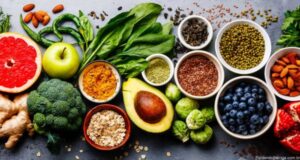
THE LAWS OF FOOD
As proposed by Escudero, the Laws of Food, in are:
1st Law: of Quantity
The amount of food must be sufficient to cover the body's energy requirements and keep it in balance.
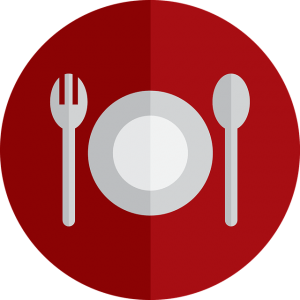
Food should be adapted to the biological moment of life, individual habits, socio-economic situation and possible illnesses that the individual has.
2nd Law: Quality

- The diet must be complete in its composition in order to provide the body with all the substances it needs. It must include all the nutrients that are ingested on a daily basis
3rd Law: Harmony
The quantities of the various nutrients must be in proportion to each other.
4th Law: Adequacy
FOOD AND NUTRIENTS

Food is a product of animal, vegetable or synthetic origin that provide people with the energy to grow, walk, think, sleep and all other activities.
Food is made up of nutrients, but they are presented in a known form.
For example: apples, rice, beans and lettuce.
Nutrients - proteins, carbohydrates, lipids, vitamins and minerals are the elements responsible for maintaining all the reactions for the perfect functioning of the body.
Some are considered essential because they are not produced by the body, so they can only be obtained through food. There are nutrients that are essential for one species are not for another.
The essential nutrients for humans are: fatty acids linoleic and linolenic fatty acids (w-6 w-3), vitamins, minerals and some amino acids (me-
thionine, lysine, valine, isoleucine, leucine, tryptophan, phenylalanine, threonine and histidine).
MACRO AND MICRONUTRIENTS
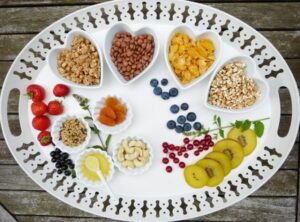
Nutrients are divided into two categories: macronutrients and micronutrients
Macronutrients are carbohydrates, proteins and lipids, and are so named because they have large molecular structures that need to be broken down into smaller units for the body to be able to absorb them. They should be eaten in larger quantities.
Micronutrients are vitamins and minerals. They do not provide the body with energy, but are essential for maintaining all the body's functions. They should be ingested in smaller quantities.
It is important to note that the names micro and macro do not refer to the importance of the nutrients, but rather to the quantities in which they should be ingested. Both are vital to the body, and a deficiency of either leads to illness and death.

GOOD AND BAD FOODS

You always hear that certain foods are good and others are bad. This point of view deserves some caveats.
Any food can be part of a healthy diet. From a nutritional point of view, there are no good or bad foods, only suitable and unsuitable ones.
The way in which different types of food are used will determine whether they are suitable or not.
What makes a food healthy or harmful is the form, quantity and timing of its intake. Some foods may be contraindicated for certain diseases or for maintaining a healthy diet, but that doesn't necessarily make them bad from a nutritional point of view.
CHANGES IN EATING PATTERNS

Each region has its own eating habits and develops a cuisine according to the soil, climate, vegetation and space it has. However, two factors have been preponderant in the switch from healthier, fresh and seasonal foods to industrialized ones: the lack of time to prepare food (which has brought innovative methods of preservation and preparation, with the advent of the fridge, freezer, microwave, electric oven) and the globalization of taste.
Consumption patterns are becoming more uniform, with a westernization of diets to the detriment of regional foods. There is greater consumption of fast food, which, much more than food, creates images and codes of behaviour for groups, homogenizing taste around the world.
Nowadays, there is a wide variety of food available that has never been seen before, with organic, whole foods from other regions of the country and even the world, but the globalization of taste means that consumers themselves restrict their choices and reduce the variety of nutrients they eat.
HEALTHY EATING AS NATURAL MEDICINE

Throughout human history, food has been used both to prevent and treat diseases. Natural medicine has been developed over the years by various peoples since ancient times. New compounds have been identified in foods and new ways of administering them, from which various pharmaceutical drugs have also emerged.
From the early work of Hippocrates to current research in laboratories in the search for new medicines, through the groundbreaking work of Paracelsus, the father of Pharmacy, and Traditional Chinese Medicine, man has developed an interesting empirical knowledge in the field of natural medicine that has recently been discovered by conventional science.
It is important to note that the treatments proposed here are adjuncts to the therapy of the diseases listed, and do not in any way exempt the patient from the monitoring and supervision of a doctor, nutritionist, psychologist or other qualified health professional. If you have any signs of any illness, always consult your doctor so that he can make the correct diagnosis.
Nor does this website suggest abandoning traditional drug treatment, which has already been established by science; it simply proposes an alternative, simple, inexpensive form of treatment that is within the reach of the entire population, making use of foods that are already in the home as aids in the treatment of the illnesses that plague us.
We have a diet program that has helped thousands of men and women, the 19-Day Diet. Want to know more? Click on the link below and get your free consultation.




